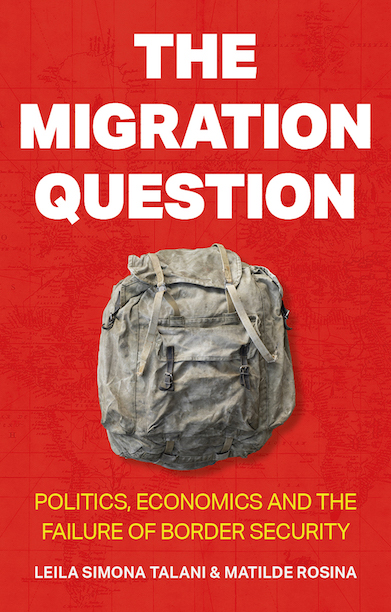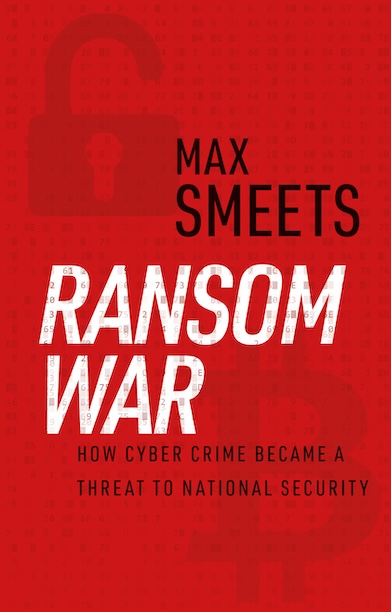How the United States Would Fight China
The Risks of Pursuing a Rapid Victory
A stark warning: Washington is at real risk of strategic defeat in any war with China.
Description
This book dissects precisely how the United States imagines fighting the People’s Republic of China, and why it risks failing. Franz-Stefan Gady contends that the US military approach to a potential conflict over Taiwan is unlikely to succeed, relying heavily on both rapidly established information superiority and a decisive victory. This may increase the threat of nuclear escalation between the world’s only superpowers.
The more likely scenario is a prolonged war of attrition across land, sea, air, space and cyberspace. America’s society, armed forces and industrial capacity are ill-prepared for this—a deficiency stemming from a military culture that prioritises advanced technology over mass, and from a lack of public or political will for the sacrifices required by such a conflict.
Gady’s superb research and analysis, based on US doctrine, force structure and general ‘ways of war’, reveal the significant risks to the United States in a potential conflict with China, whether in the 2020s or 2030s.
Reviews
‘Carefully reasoned and exhaustively researched, this book demonstrates the daunting operational, organisational and political challenges that the US would face should it go to war with China over Taiwan. Uncomfortable but essential reading.’ — Lawrence Freedman, Emeritus Professor of War Studies, King’s College London
‘The likelihood of war between the US and China is growing. Anyone interested or worried by this owes it to themselves to read and consider Gady’s excellent overview of how this war would be fought, and the great risks it would entail. This tightly written book covers everything from strategic cultures and theories of victory to strategies, operational concepts, and military-technical considerations. It is rare indeed for a single volume to cover such expansive ground, and rarer still to do it so elegantly.’ — Robert O. Work, 32nd US Deputy Secretary of Defense (2014–17)
‘Essential reading for US defence planners and strategists, or anyone interested in a potential war over Taiwan. Gady explains why American and Chinese operational concepts aiming to win a short, sharp war are flawed—and likely to increase the risks of escalation and a protracted attritional conflict.’ — Stacie Pettyjohn, Director of the Defense Program, Center for a New American Security
‘A much-needed and timely addition to the growing body of literature on a potential Taiwan conflict. This book addresses the urgent need to reconsider how to understand the potential for nuclear escalation and protracted conflict, and ultimately how to strengthen deterrence in the Indo-Pacific.’ — Meia Nouwens, Senior Fellow for Chinese Security and Defence Policy, International Institute for Strategic Studies
‘Gady poses important questions about what American and Chinese theories of success for a Taiwan campaign might be, against the context of two different cultures of war. An essential text on the conceptual underpinnings of deterring such a war—and, if necessary, winning it.’ — Mick Ryan, Retired Major-General, Australian Army, and Adjunct Fellow, Center for Strategic and International Studies
Author(s)

Franz-Stefan Gady has advised US and European militaries on structural reform and the future of high-intensity warfare. An adjunct senior fellow with the Center for a New American Security, Washington, DC, he has conducted field research in Afghanistan, Iraq and Ukraine. His latest book is The Return of War.






